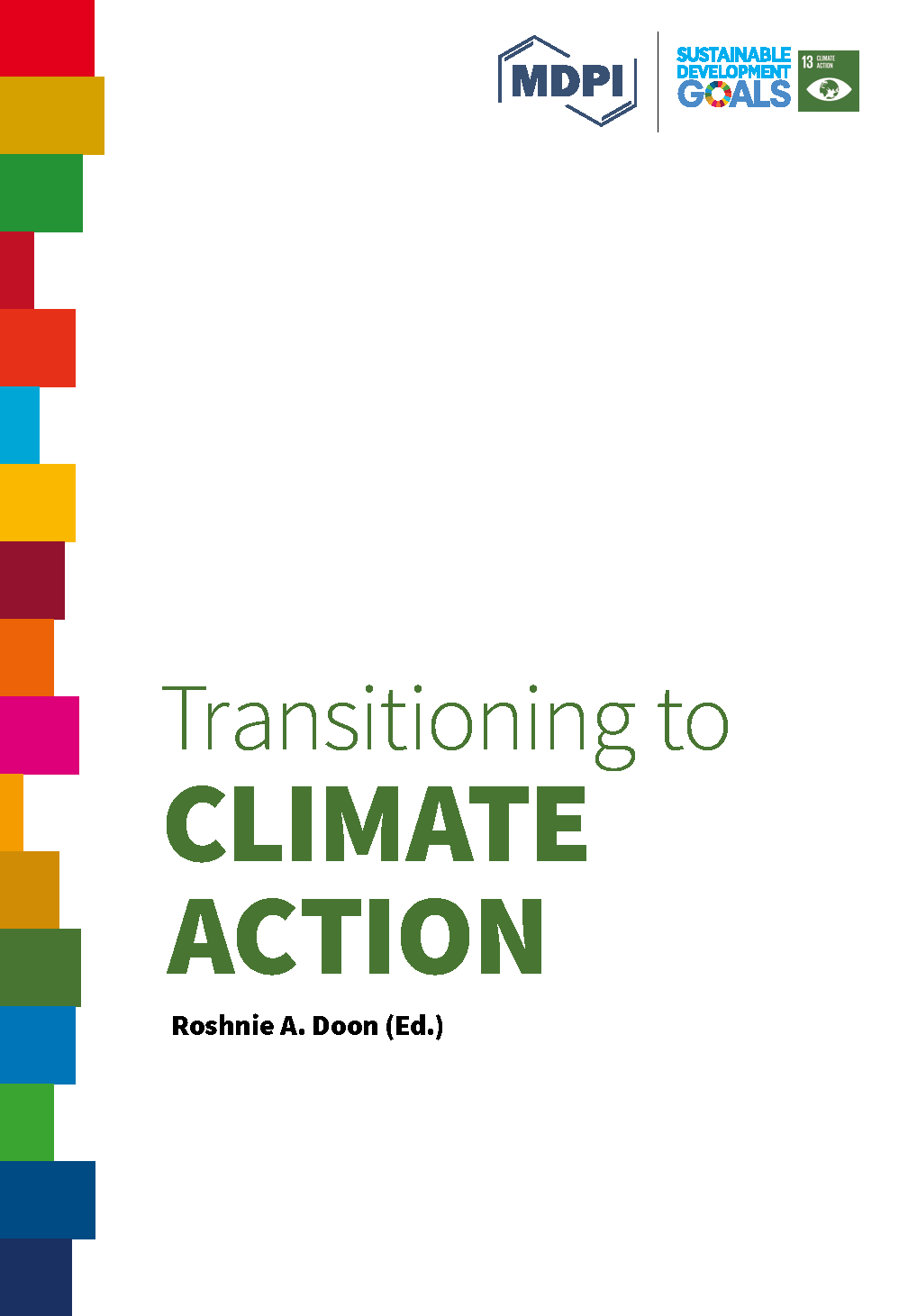The Climate Change and Poverty Nexus: Trade-Offs and Synergies between Poverty and Climate Action
This chapter examines the relationship between climate action and poverty, highlighting the need to address the trade-offs and synergies between these two complex challenges. As the world grapples with the urgent need to mitigate climate change and alleviate poverty, it becomes increasingly apparent that both goals are intricately intertwined, frequently presenting significant trade-offs and opportunities for synergistic solutions. The chapter draws on a review of existing case studies from five countries, each located in a different global region: the Bahamas (Latin America and the Caribbean), Japan (Asia), Norway (Europe), Egypt (Africa), and the United Arab Emirates (the Middle East). The rationale for selecting these countries within the respective regions is that they adopt unique climate- action strategies in developing their respective economies. At the same time, each uses climate change to tackle poverty. The analysis relies on secondary sources and published studies, rather than original fieldwork, to examine how climate actions have been designed and implemented to tackle poverty in each context. The findings suggest that many of the most vulnerable and marginaliszed populations around the globe are disproportionately impacted by the adverse effects of climate change. These communities, which are frequently trapped in a cycle of poverty, confront elevated risks from extreme weather events, rising sea levels, and shifting agricultural conditions. Furthermore, climate change can exacerbate poverty if not carefully managed. The chapter also reviews potential synergies between climate action and poverty reduction. It highlights instances where well-designed climate initiatives have simultaneously reduced poverty, increased resilience, and improved livelihoods. Community-based renewable energy projects, sustainable agricultural practices, and climate-smart urban planning are examples of initiatives that can generate employment and stimulate economic growth. In conclusion, this chapter emphasiszes the need to scrutinisze climate action through the lens of poverty, recogniszing the trade-offs and opportunities and providing guidance for policymakers, researchers, and practitioners navigating the complex nexus of climate action and poverty.
